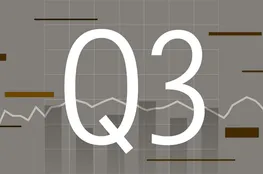Searching the web may feel like a harmless activity, but certain keywords or phrases can expose you to cyber threats. Cybersecurity specialists have identified specific terms that increase the risk of falling prey to hackers, especially through a technique called "SEO poisoning". This tactic involves cybercriminals manipulating search results to lure users onto malicious websites, potentially compromising their device security and personal data.
One example of dangerous search queries includes typing "Are Bengal Cats legal in Australia?" which was highlighted by cybersecurity company SOPHOS. Jake Moore, a global cybersecurity advisor at ESET, explains that SEO poisoning leads users to harmful websites that mimic legitimate ones. These sites often carry malware capable of immediate downloads, risking data theft or infections.
Here are five dangerous searches to avoid:
- [object Object]
- [object Object]
- [object Object]
- [object Object]
- [object Object]
Being mindful of your online searches and verifying the sources of information can significantly mitigate the risk of being hacked. By avoiding these common trap queries, you can maintain better cybersecurity and protect your digital information from malicious threats.
























